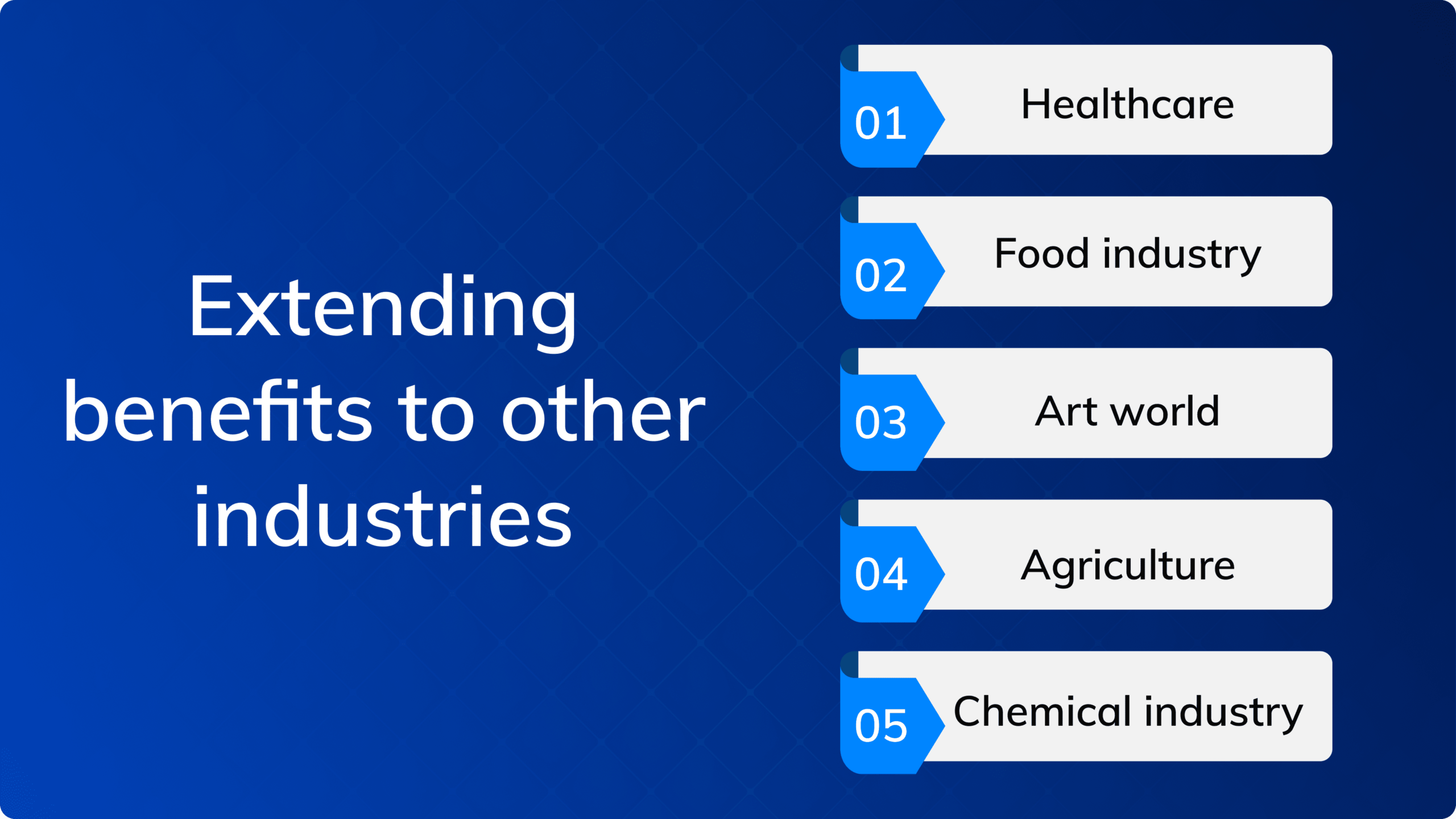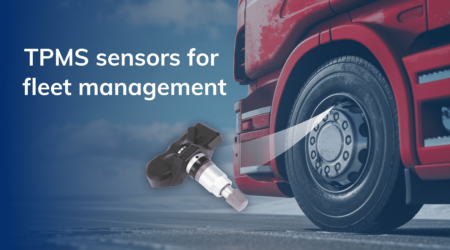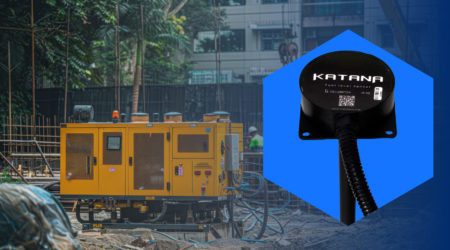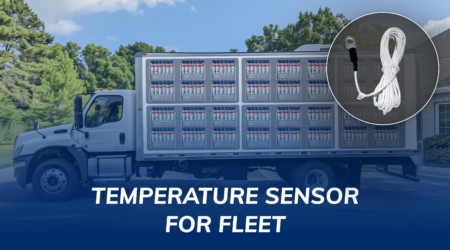Top Benefits of Using Temperature Monitoring Sensors in Logistics
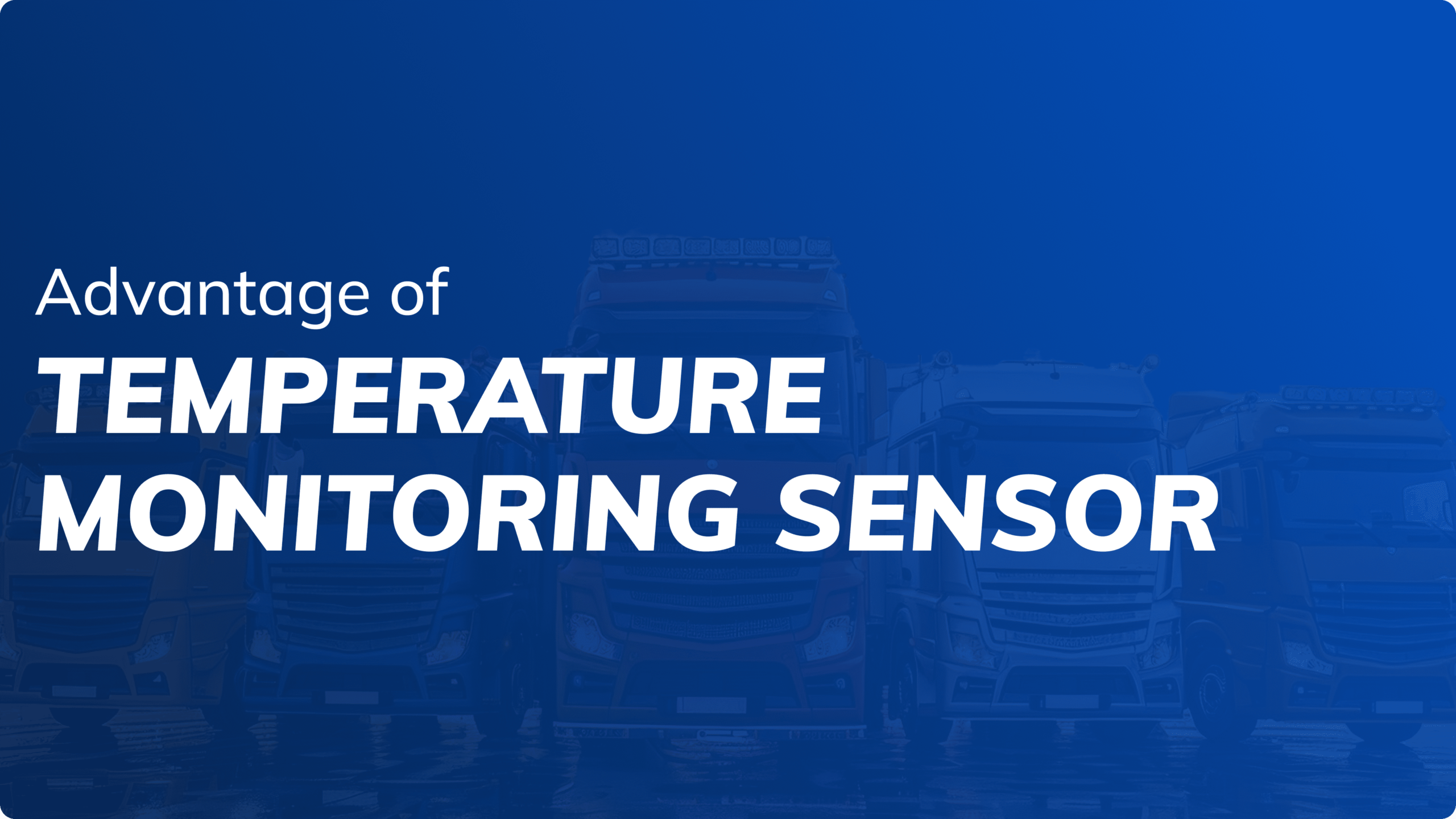
Imagine a logistics company responsible for transporting fresh fruits and vegetables across the country. Despite careful planning, the produce arrives at its destination not as fresh as it should be. This challenge is common in the industry, where maintaining the quality of delicate goods during transport is crucial. It highlights the need for a reliable solution to keep these items fresh. The team looked for a solution and found an effective approach. Let’s explore how the team ensured the quality of goods in logistics by focusing on maintaining the temperature.
Understanding Temperature Monitoring Sensors
Before diving into the benefits, it’s important to understand what temperature monitoring sensors are. These devices are designed to measure and record the temperature of their surrounding continuously. They are commonly used in logistics to monitor the temperature of goods during transportation and storage. By providing real-time data, these sensors help in ensuring that the products remain within the required temperature range, thus preserving their quality and safety.
Why Temperature Monitoring Matters in Logistics
Temperature control is critical in logistics, especially for products that are sensitive to temperature changes. Without proper temperature monitoring, these products can spoil, degrade in quality, or become unsafe for consumption. This not only leads to financial losses but also damages the reputation of businesses involved. Temperature monitoring sensors provide a reliable solution to prevent such issues.
Top Benefits of Using Temperature Monitoring Sensors in Logistics
Ensures Product Quality and Safety
Temperature-sensitive products such as pharmaceuticals, fresh produce, and dairy require strict temperature control. Temperature monitoring sensors provide real-time data, allowing logistics providers to ensure that products are kept within safe temperature ranges. This helps in maintaining product quality and safety throughout the supply chain.
Reduces Waste and Financial Losses
Spoilage of goods due to improper temperature control can lead to significant financial losses. By using temperature monitoring sensors, businesses can reduce waste by ensuring that products are stored and transported under optimal conditions. This not only saves money but also contributes to sustainability efforts by minimizing waste.
Enhances Following the Regulations
Many industries, especially food and pharmaceuticals, are subject to strict regulations regarding temperature control during transport and storage. Temperature monitoring sensors help businesses comply with these regulations by providing accurate and continuous temperature records. This can be crucial during inspections and audits, ensuring that businesses avoid penalties and maintain their licenses.
Improves Operational Efficiency
Real-time temperature monitoring allows logistics providers to quickly identify and address any temperature deviations. This proactive approach helps in preventing potential issues before they escalate, improving overall operational efficiency. Quick responses to temperature changes ensure that products remain within safe limits, reducing the risk of spoilage and loss.
Provides Traceability and Transparency
Temperature monitoring sensors offer traceability by providing a complete history of temperature data during transport and storage. This transparency is valuable for both businesses and their customers, as it builds trust and accountability. Customers can be assured that the products they receive have been handled with the utmost care, while businesses can track and verify the integrity of their shipments.
Enhances Customer Satisfaction
Ensuring the quality and safety of temperature-sensitive products allows businesses to significantly enhance customer satisfaction. Customers receiving fresh and safe products are more likely to trust and return to the same provider. This repeat business is vital for long-term success and can be achieved by consistently maintaining high standards through temperature monitoring.
Facilitates Data-Driven Decision Making
The data collected by temperature monitoring sensors can be analyzed to gain valuable insights into the logistics process. Businesses can identify patterns, optimize routes, and improve storage conditions based on this data. This data-driven approach helps in making informed decisions that enhance overall efficiency and reduce costs.
Promotes Competitive Advantage
In a competitive market, offering reliable temperature-controlled logistics can set a business apart from its competitors. By using advanced temperature monitoring sensors, businesses can demonstrate their commitment to quality and reliability. This can be a significant selling point for attracting new customers and retaining existing ones.
Extending Benefits to Other Industries
While logistics is a primary beneficiary, other industries also stand to gain significantly from temperature monitoring sensors:
Healthcare
Hospitals and clinics handle a variety of temperature-sensitive items, from vaccines to medications. Temperature monitoring sensors ensure that these critical products remain within their required temperature ranges, maintaining their quality. For instance, vaccines must be stored at specific temperatures to remain effective. By using these sensors, healthcare providers can avoid costly spoilage and ensure patient safety.
Benefit: Maintaining the quality of vaccines and medications, preventing costly spoilage, ensuring patient safety.
Food Industry
In storage facilities, maintaining the quality of frozen and refrigerated goods is essential. Temperature monitoring sensors provide constant oversight, ensuring that food products remain safe and fresh until they reach consumers. This is crucial for preventing foodborne illnesses and ensuring that products meet safety standards.
Benefit: Ensuring food safety, preventing foodborne illnesses, maintaining product freshness and quality.
Art World
Museums and galleries house valuable artworks that can be sensitive to temperature changes. Temperature monitoring sensors help preserve these valuable items by maintaining stable environmental conditions. This prevents damage such as warping, cracking, or fading, which can occur with fluctuating temperatures.
Benefit: Protecting valuable artworks from damage, ensuring long-term preservation of cultural heritage.
Agriculture
Farmers need to store crops under optimal conditions to ensure they remain fresh until they reach the market. Temperature monitoring sensors allow farmers to monitor storage conditions closely, preventing spoilage and ensuring the quality of their produce. This can greatly reduce waste and boost profitability.
Benefit: Preventing crop spoilage, reducing waste, ensuring produce quality and freshness, increasing profitability.
Chemical Industry
Chemicals often need to be stored at specific temperatures to remain stable and safe. Temperature monitoring sensors help maintain these conditions, preventing dangerous reactions and spoilage. This is vital for ensuring safety and accordance with industry regulations, as well as protecting the environment.
Benefit: Ensuring chemical stability and safety, preventing dangerous reactions, obeying industry regulations, protecting the environment.
Conclusion
Temperature monitoring sensors are an essential tool in modern logistics, offering numerous benefits that enhance product quality, operational efficiency, and customer satisfaction. For system integrators and B2B audiences, these sensors provide a reliable solution to meet the demands of temperature-sensitive logistics. By investing in temperature monitoring technology, businesses can ensure regulatory accordance, minimize waste, and gain a competitive edge in the market.
Temperature monitoring sensors are not just a technological upgrade; nowadays they are a necessity for any business aiming to maintain the highest standards in logistics.

